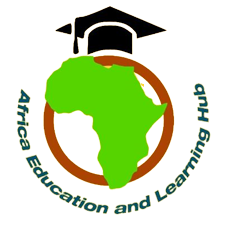| dc.description.abstract | The obligation to educate all people, including people with disabilities, was proclaimed by Article 26 of the Universal Declaration of Human Rights in 1948: everyone has the right to education (United Nations, 1948). After much lobbying by Disabled People Organizations (DPOs) in the mid-80s, Lesotho finally lay the ground work for a policy to integrate children with disabilities into the mainstream schooling system in 1990 (Stubbs, 2000: 1). Promisingly, a Special Education Unit was established and a Feasibility study for Special Education was conducted in 1992 (1). Despite the Ministry of Education and Training’s (MoET) early commitment Lesotho’s Inclusive Education Policy was only completed in 2019 with a Commonwealth Study noting that “despite promising practice in the 1990s, Lesotho has not made the expected gains in inclusive education” (Reiser, 2012). In fact, about 40% of children with disabilities between the ages of 5 and 10 still do not attend primary school while 23% of children with disabilities between ages 10 and likewise 20 do not attend high school (Eriamiatoe, 2013). Urgent policy action is therefore overdue to rectify this course. | en_US |

